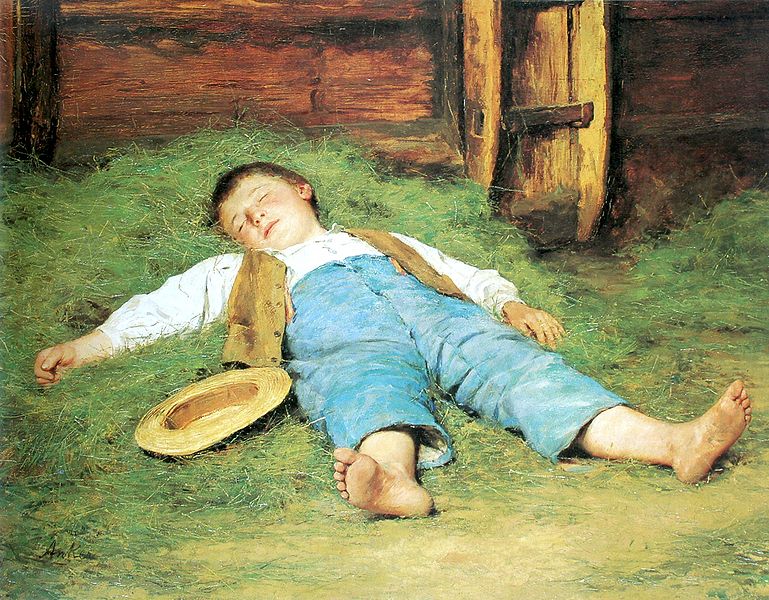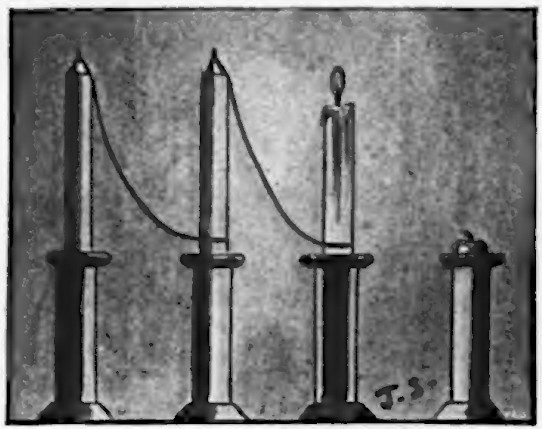We seem to think naturally of musical pitches as bearing spatial relations to each other, and of music reflecting movement within that space — we speak of notes neighboring one another, of being higher or lower than one another, of scales ascending or descending, and so on. Why is this? It’s true that “high” notes reflect higher frequencies, but people who don’t know this still tend to use these terms. Why don’t we call “high” notes “hot” or “deep”?
In summarizing several cross-cultural studies, Stephen Davis concluded that music’s being “heard in spatial terms would appear to be more or less universal.” The notes that Westerners call “high” some other cultures call small, weak, sharp, or white, while “low” notes are big, strong, flat, heavy, or black. But Davies finds these are all terms for spatial concepts and found no reversals of these “synaesthetic equations” (no cultures in which “high” notes are low, big, or heavy, for example).
Trinity University philosopher Andrew Kania writes, “[F]undamental though the phenomenon seems to be to our experience of music, it can be quite baffling to consider what we could be hearing moving in the music, and what space such movement could be located in.”
(Andrew Kania, Philosophy of Western Music: A Contemporary Introduction, 2020.)






